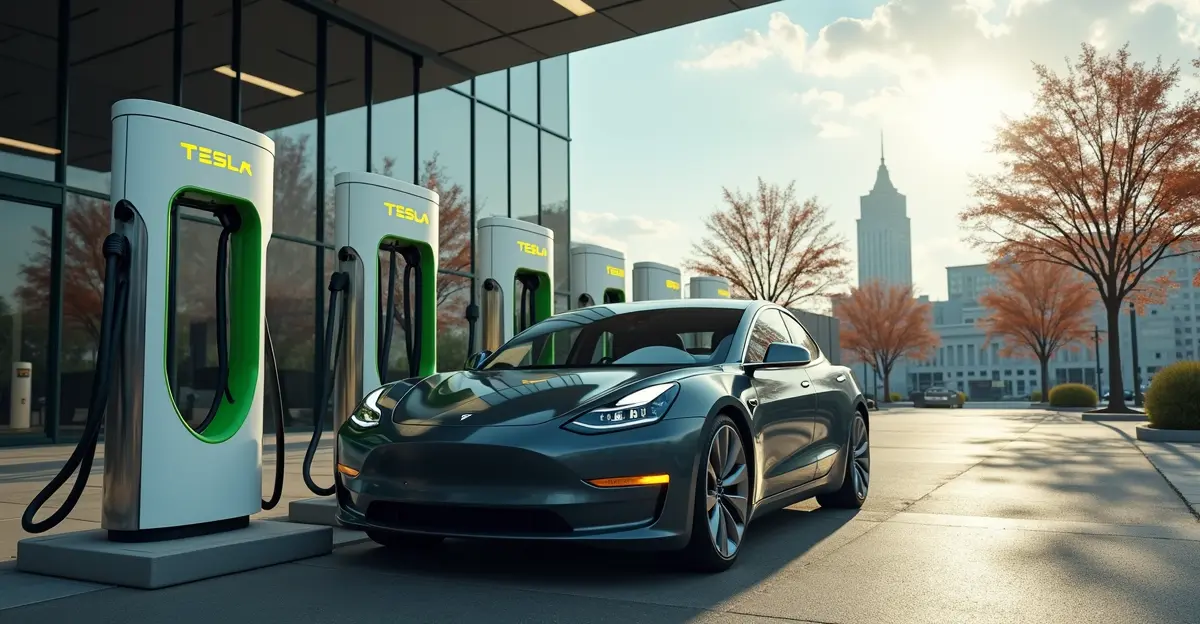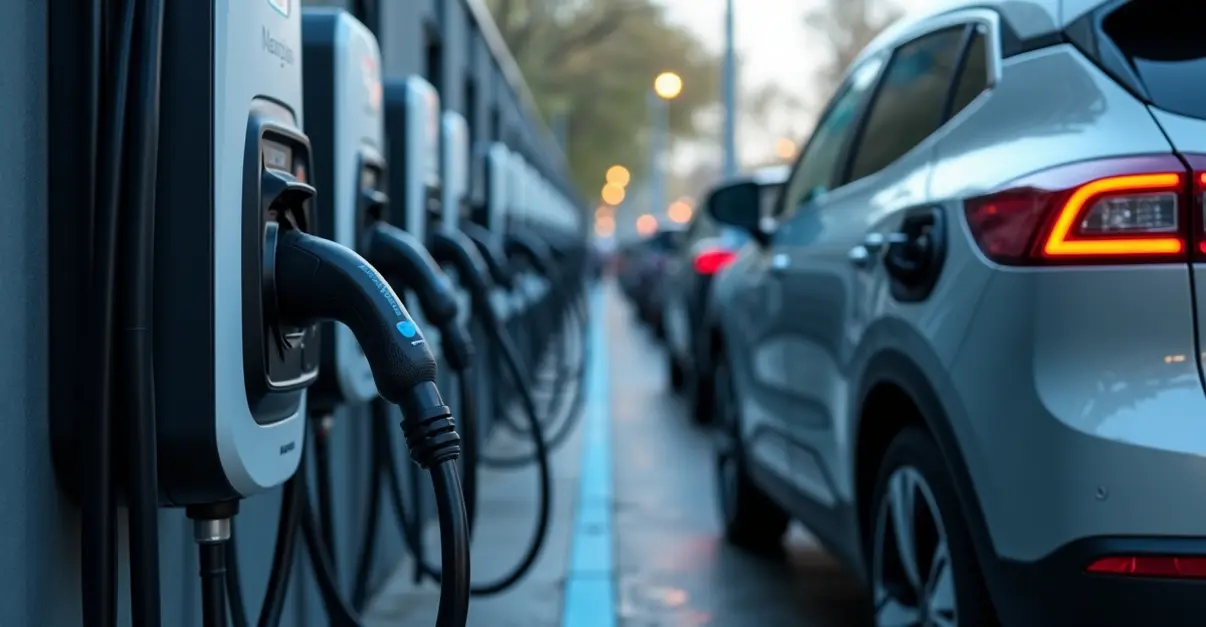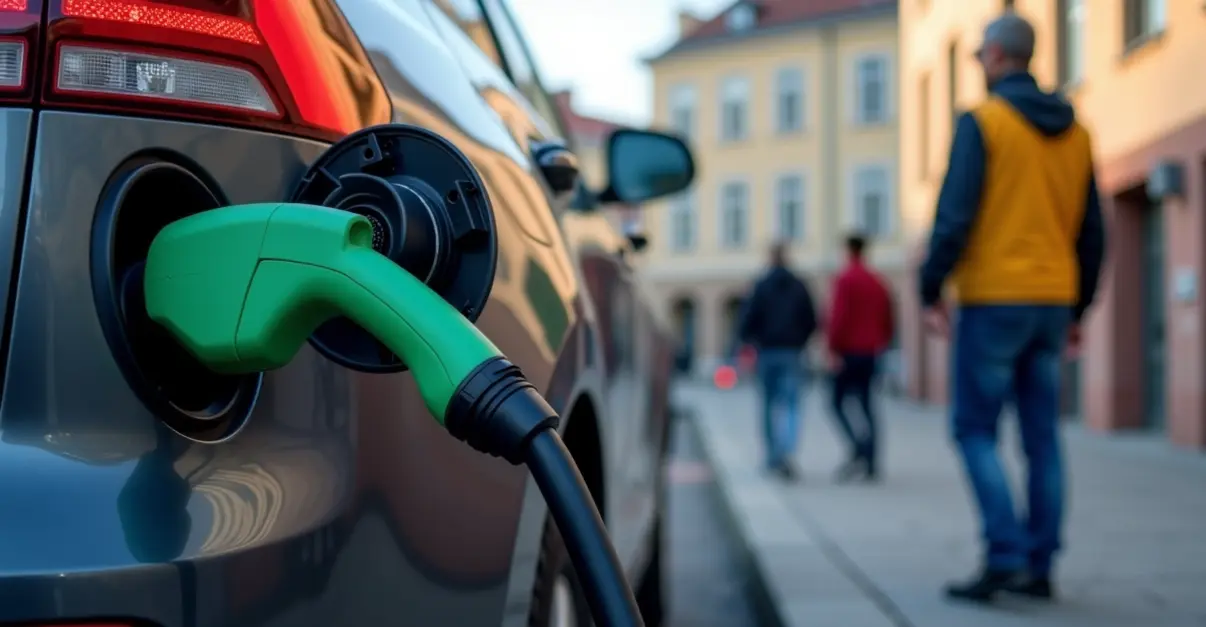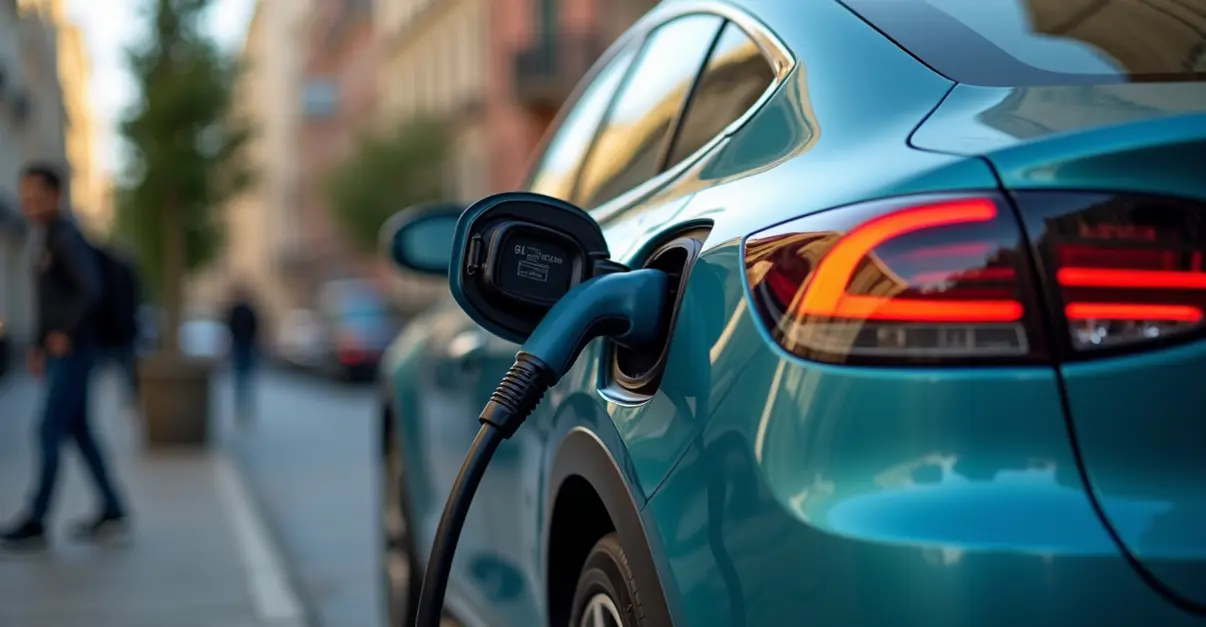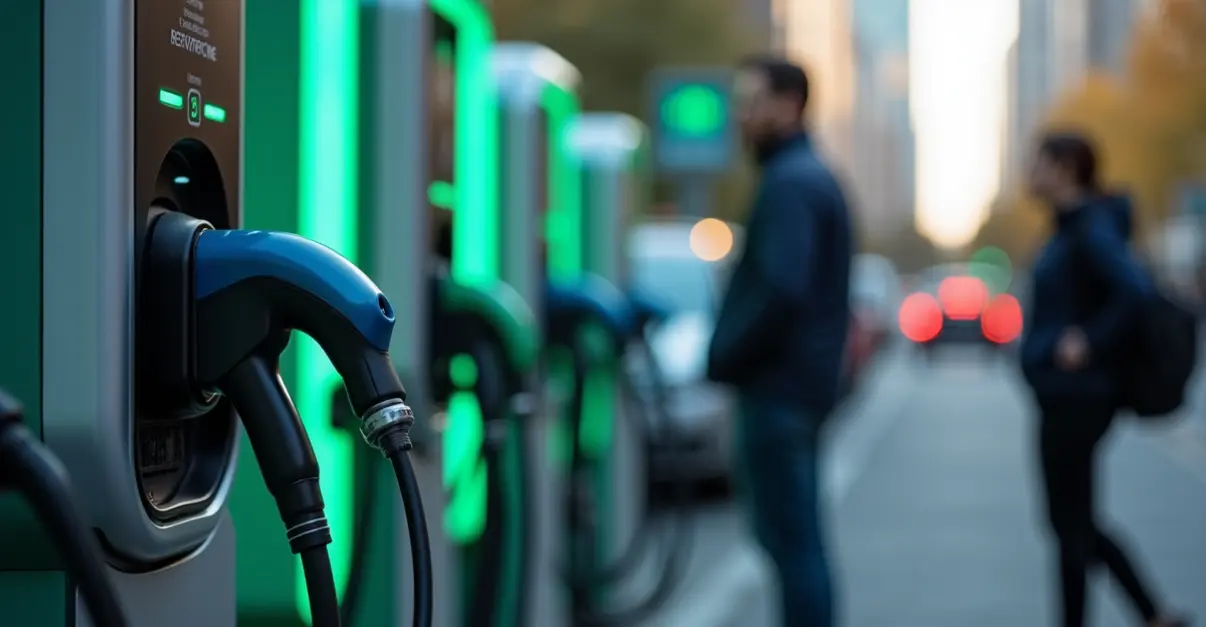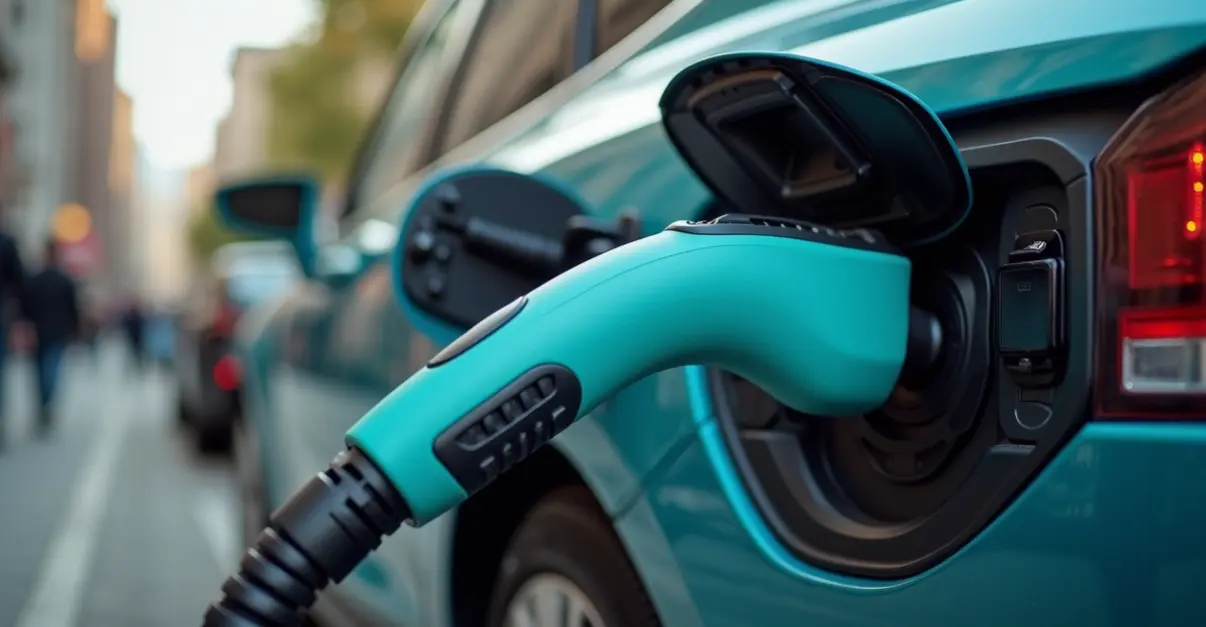Record Growth in EV Charging Infrastructure
The United States is experiencing unprecedented growth in electric vehicle charging infrastructure, with public-private partnerships driving a massive expansion of fast-charging networks across the country. According to recent data, the second quarter of 2025 saw a record deployment of 4,242 new fast-charging ports across 784 stations, representing a 23.3% quarterly increase. 'We're seeing charging infrastructure growth accelerate despite some headwinds in EV sales,' said industry analyst Sarah Chen from EVAdoption. 'This demonstrates strong commitment from both public and private sectors to build the foundation for mass EV adoption.'
Public-Private Partnerships Fuel Expansion
Public-private partnerships (PPPs) are proving crucial in overcoming traditional barriers to EV infrastructure development. Research published in Energy shows that PPPs can effectively address challenges like high initial costs and uncertain returns that typically deter private sector investment. 'The key is finding the right balance between government support and private sector innovation,' explained Dr. Michael Rodriguez, lead author of the study. 'When properly structured, these partnerships can accelerate deployment while ensuring long-term sustainability.'
Grid Impacts and Infrastructure Challenges
The rapid expansion of charging infrastructure is raising important questions about grid capacity and electricity demand. According to the Department of Energy's Congressional Report, the growing adoption of electric vehicles is creating significant impacts on power grid infrastructure. 'We're working closely with utilities to ensure grid reliability while supporting this transition,' stated Energy Department spokesperson Jennifer Martinez. 'Smart charging solutions and grid modernization are essential components of our strategy.'
Major Players and Market Trends
Tesla continues to lead the expansion, accounting for 40.2% of new fast-charging ports in Q2 2025. The company is also pioneering larger charging facilities, including the recently opened Tesla Diner in Hollywood featuring 80 Supercharger stations - the largest urban charging station in the country. Other major players like ChargePoint and EVgo are also expanding rapidly, while new entrants like Ionna, Mercedes-Benz High-Power Charging, and BP Pulse are building larger, more standardized stations with 10+ stalls delivering 350-400 kW power. 'We're seeing a shift toward what we call Charging 2.0 - larger, more reliable stations that can serve multiple vehicles simultaneously,' noted ChargePoint CEO Pasquale Romano.
Policy Developments and Funding
The Trump administration recently agreed to resume funding for the National Electric Vehicle Infrastructure (NEVI) program after a six-month freeze, despite previous criticism of the program. Transportation Secretary Sean Duffy stated that while he personally disagrees with subsidizing green energy, the administration 'will respect Congress' will' and release the $5 billion in funds allocated by the bipartisan 2021 law. This decision came after a coalition of more than a dozen states sued the federal government and a federal judge issued a preliminary injunction ordering the administration to resume distributing the money.
Future Outlook
The United States is on track to reach 100,000 public fast-charging ports by 2027, up from the current 59,694 ports available at the end of June 2025. This growth is occurring despite some uncertainty in federal support and represents a 20% year-over-year increase in new charging ports for 2025. 'The momentum is building, and we're confident that the infrastructure will be there to support the next wave of EV adoption,' said EVgo CEO Cathy Zoi. As charging costs have decreased slightly to 48 cents/kWh from 50 cents/kWh a year ago due to increased competition, the future looks promising for both EV manufacturers and consumers.

 Deutsch
Deutsch
 English
English
 Español
Español
 Français
Français
 Nederlands
Nederlands
 Português
Português
